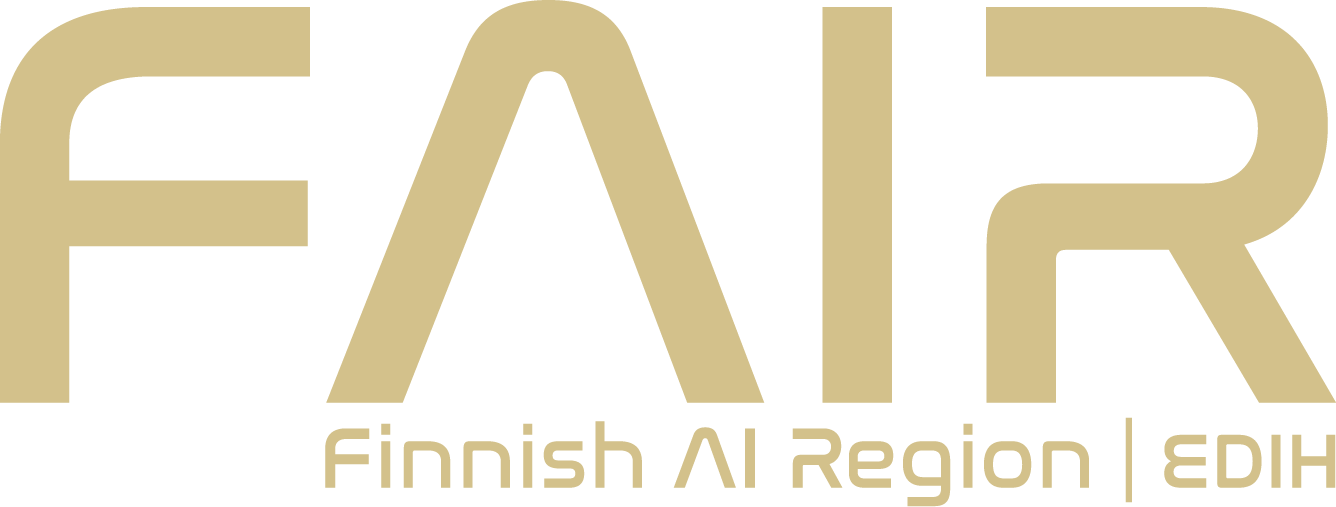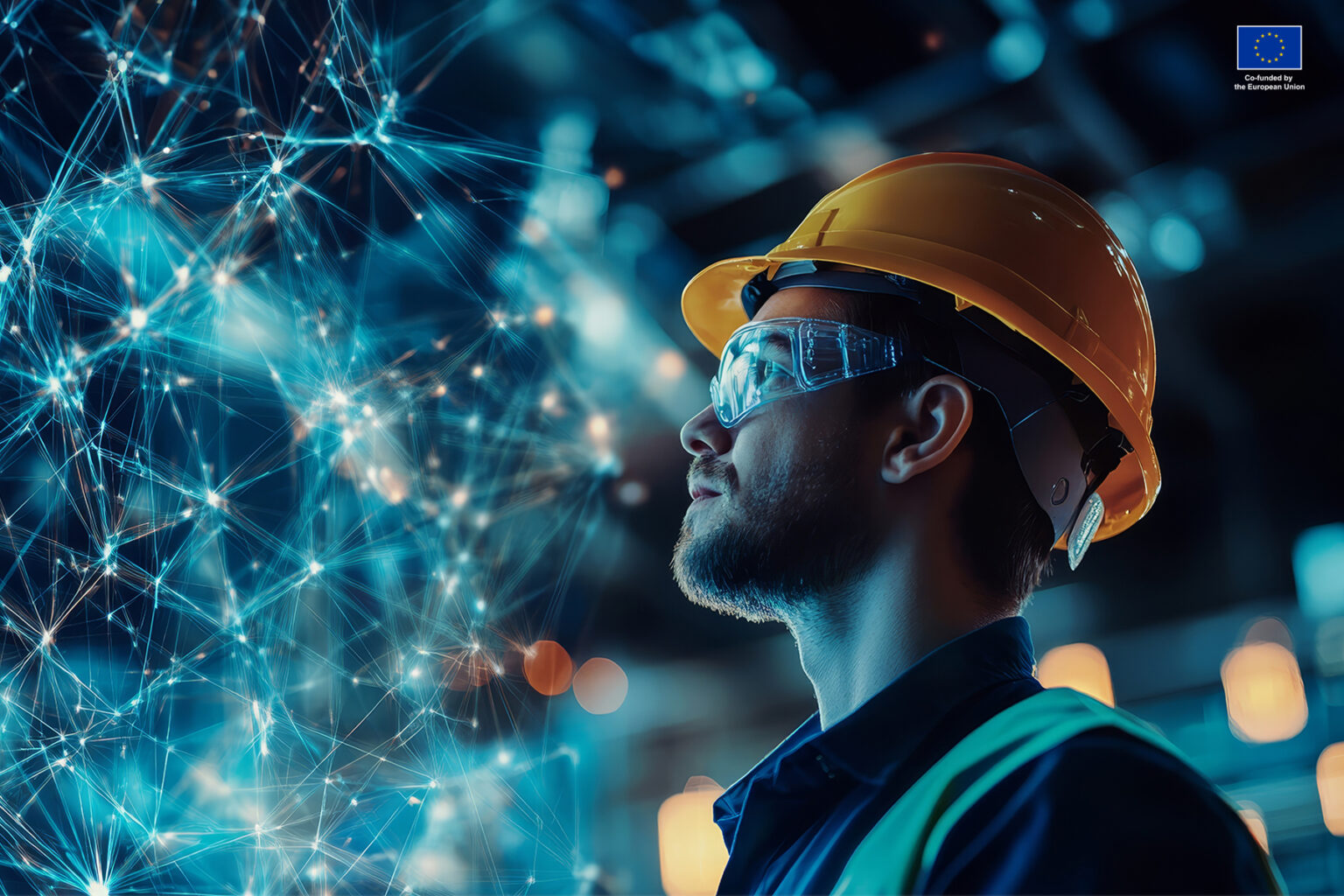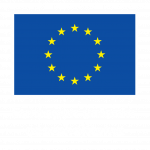

AI and data help the property and construction sector navigate challenging market conditions
While many construction firms struggle with market downturns, a group of Finnish SMEs have found an unexpected competitive edge from AI. KIRAHub’s AI accelerator programmes are demonstrating how SMEs can leverage AI to create genuine competitive advantage and close the gap with larger companies.
Text by Martti Asikainen, 28.11.2024 | Photo by Adobe Stock Photos

The property and construction sector is experiencing significant headwinds. According to Finland’s Ministry of Finance construction industry outlook group, building permits and construction activity are declining, renovation work is slowing, and employment is forecast to weaken significantly.
Rising building material costs and economic uncertainty have already led to numerous bankruptcies whilst raising concerns about a broader crisis. Markets are attempting to adapt to the new interest rate environment and changing consumer behaviour.
But the picture isn’t entirely bleak. Clear signs of recovery are already visible in infrastructure and commercial property construction. More significantly, technological innovations are bringing entirely new perspectives and growth opportunities to the sector.
Why construction is ripe for AI transformation
Mika Aho, trainer for KIRAHub’s AI accelerator and long-time digitalisation professional, sees exceptional opportunities ahead. He reminds us that whilst the situation is currently challenging, the built environment remains fundamental to our daily lives and the national economy.
The numbers tell a compelling story. We spend 99% of our time in built environments, and nearly one in five Finns works in the sector. Moreover, 83% of Finland’s national wealth is tied up in buildings and infrastructure, with nearly 60% of all investments directed towards the built environment.
Here’s the opportunity: digitalisation in construction has progressed more slowly than in other industries, which makes its potential particularly large. Building Information Modelling (BIM) has already brought efficiency to design and implementation whilst improving coordination between parties—and AI promises to accelerate this transformation dramatically.
From project planning to predictive analytics
Artificial intelligence delivers concrete benefits across the construction lifecycle. It anticipates project risks, optimises schedules and resources, and improves the quality of design and construction.
Machine vision can document project progress in real-time, feeding data directly from construction machinery into information models. Generative AI is making its way into architectural firms, enabling rapid production of design proposals based on space utilisation, building materials, or environmental impacts.
Virtual 3D models can be created from 2D images relatively easily and cost-effectively, speeding up the modelling process whilst enabling rapid experimentation with different design alternatives.
Digital design also enables more precise management of building materials and work phases. By optimising supply chains, materials can be ordered and delivered according to plan, reducing unnecessary costs and waste.
How it actually works?
KIRAHub’s AI accelerator programme, run by Finland’s property and construction digitalisation ecosystem, offers a proven pathway for SMEs to harness AI. Despite the challenging market, both 2023 programmes sold out quickly with companies eager to gain an AI advantage.
The programme delivers results through a structured five-workshop format. Morning sessions focus on AI fundamentals and applications under expert guidance. The real magic happens in the cross-company discussions and sparring sessions, where valuable insights emerge, deepening collective understanding of sector challenges whilst creating new collaboration opportunities.
Afternoons are dedicated to company-specific work. Coaches help with ideation, evaluation and description of use cases, plus creating detailed implementation plans. Between the final two workshops, there’s an extended development phase where participants build their own AI pilot either independently or with partner support.
By the accelerator programme’s end, each company has: a working AI pilot solution tailored to their needs, operating models for rolling it out into production, and the prerequisites for ongoing success.
From days to minutes, from guesswork to precision
The pilots emerging from the accelerator deliver measurable improvements. One of the most popular solutions is a tool based on large language models that enables instant, chat-based analysis of a company’s most important internal data—imagine site managers querying safety records or material inventories through simple conversation.
Another example of a breakthrough is the automation of the manual processing of PDF and Excel files. Using machine learning to classify data correctly when establishing new projects, work that previously took days now takes only minutes. Forecasting applications are also proving particularly valuable.
Pilots have been developed for:
- Predicting commercial property rents in areas where little or no data is available
- Forecasting property values after zoning changes
- Pricing new flats and predicting sales times
- Estimating construction project durations and costs by work phase using machine learning based on previously completed projects
- Helping architectural firms decide whether to enter large public tenders and how much to invest
Get started with your pathway to AI advantage
Participating companies report strong satisfaction with their results. One firm found that testing their concept proved how systematic collection of structured data opens doors to AI applications. The pilots demonstrate concretely how daily digitalised operations benefit all parties and make AI use commonplace.
KIRA’s digital project has been instrumental in advancing construction digitalisation in Finland. The success of these AI accelerators shows that property and construction companies see digitalisation and AI as a solution to both current challenges and future opportunities. KIRAHub works closely with other ecosystem players, including Finnish AI Region, to drive this transformation forward.
KIRAHub’s AI accelerators are usually launch twice yearly. Detailed schedules will be published on the KIRAHub website. In case you’re a new to AI we would recommend you to start with the free online course “AI in the Built Environment”, developed with consultant Mika Laukkanen, to build your foundational understanding.
Ready to gain a competitive edge in construction with AI? Join the next KIRAhub AI Accelerator cohort and transform how your business operates in today’s uncertain market. As part of the Finnish AI Region initiative, we’re offering supported access to AI skills development specifically designed for the real estate and construction sector. Contact your customer manager today for more information about this opportunity.


Finnish AI Region
2022-2025.
Media contacts